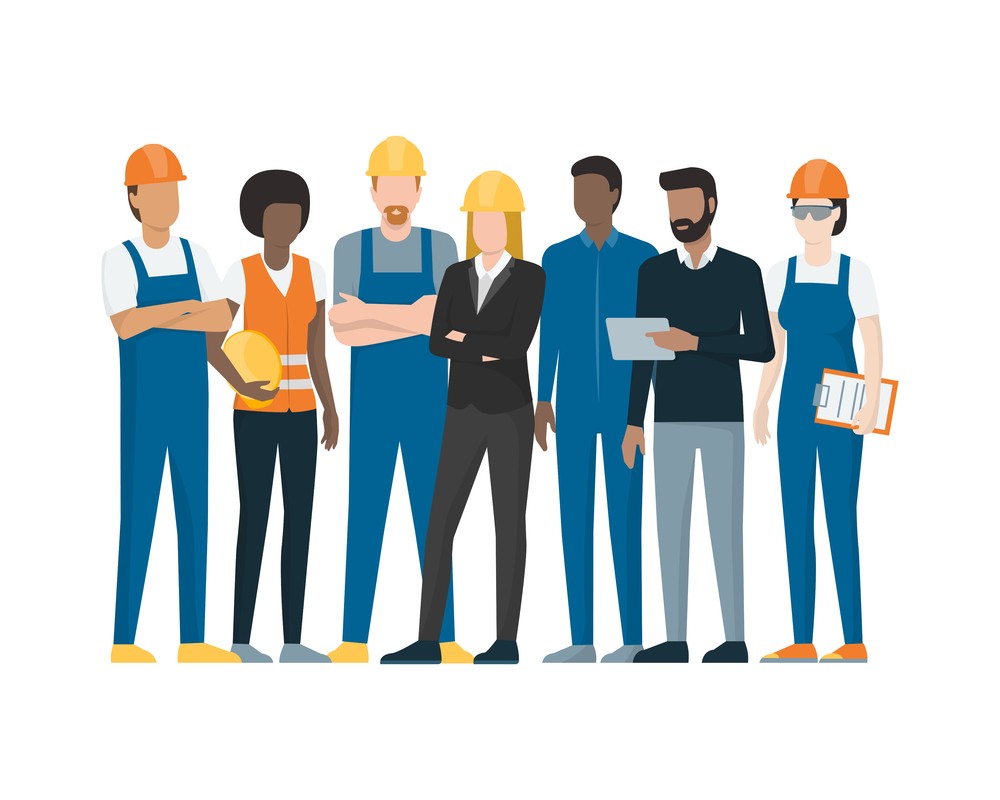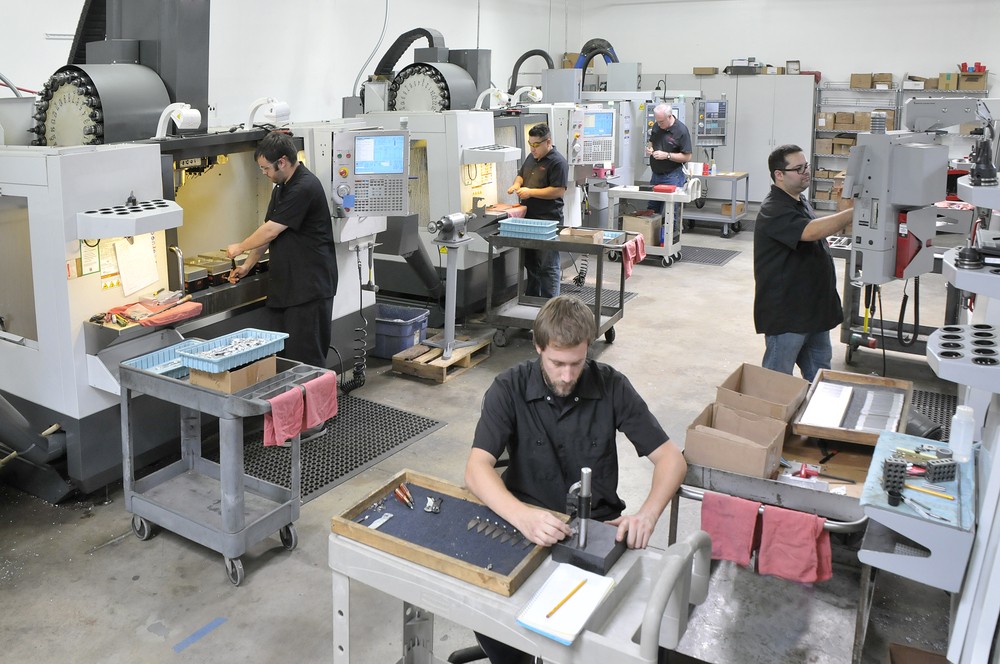Shelter in Place: Who are ‘Essential Personnel’ in Manufacturing?

The United States is moving swiftly toward a total country lockdown. Already about 23% of the total population is sheltering in place thanks to decrees from the governors of California, New York, Illinois, and Ohio. Many states will soon follow, and with these shelter in place announcements comes a virtual shutdown of all commerce. All non-essential personnel are asked to stay home. But what does this mean for manufacturing professionals? How do factories define “essential personnel?”
Shelter in place
Shelter in place mandates are a call to action for people to stay in their homes. While sheltering in place, individuals should only leave for absolutely essential reasons: to get food, pick up medication, or go to an essential job. For most individuals, it’s a stringent order meant to keep interaction with others at an absolute minimum to reduce transmission rates of COVID-19.
Shelter in place mandates ostensibly close all non-essential businesses (e.g., restaurants, retailers). Essential businesses and their employees can expect to stay in operation. But there’s plenty of room for interpretation and shelter in place decrees can’t be legally enforced. It begs the question — are factory workers “essential personnel?”

Factories should expect to stay open
Despite the vagueness of “essential personnel,” the U.S. government has offered some clarification on who it considers exempt from the shelter in place policy. Obviously medical personnel and first responders are considered essential personnel during this crisis. Food, agriculture, energy, and public works are also exempt. But what about factory workers?
According to guidance, most factory personnel are considered essential. So-called “critical manufacturing” workers include:
Workers necessary for the manufacturing of materials and products needed for medical supply chains, transportation, energy, communications, food and agriculture, chemical manufacturing, nuclear facilities, the operation of dams, water and wastewater treatment, emergency services, and the defense industrial base.
Although this list isn’t exactly definitive, it’s inclusive enough to blanket nearly the entire manufacturing industry. Manufacturers can reasonably expect their personnel to be exempt from mandated stay-at-home orders — though employees should comply with shelter in place mandates by going directly to and from work, if possible.
Manufacturers should self-regulate
Manufacturing is already an at-risk industry for rapid transmission of COVID-19, solely based on the in-person nature of the work. While employees are expected to work through shelter in place decrees, manufacturers still need to be responsible and proactive in limiting exposure and transmission. This means complying with rigid sanitization practices, as well as minimizing shift overlap and personnel exposure. Social distancing within factories also is recommended.
Manufacturing’s biggest tests are still to come as demand for critical equipment ramps up. Factories from across all sectors need to stay up and running at peak capacity, staffed by personnel who are properly protected and able to do their job without risk of exposure to the virus. It’s up to manufacturers to take the proper safety precautions, so they can answer the growing call for domestic production spurred by COVID-19.